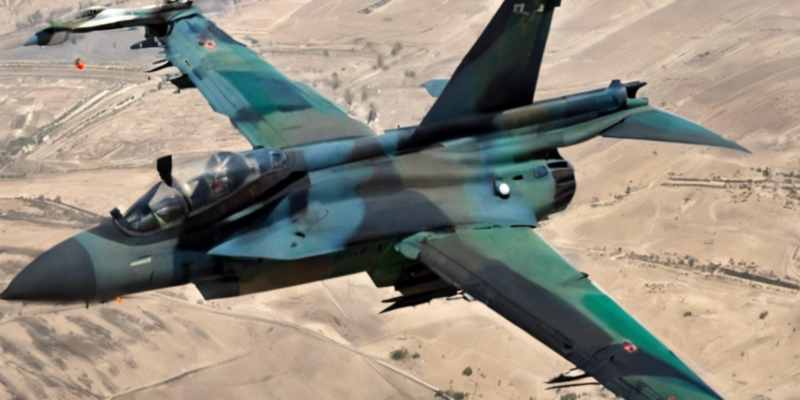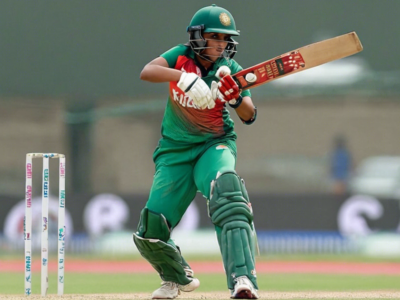Tensions in the Middle East have always run high, with political, religious, and territorial disputes contributing to a volatile region. The recent escalation in hostilities between Iran and Israel has once again brought the spotlight on a potential conflict that could have severe implications not only for the two countries involved but also for the wider Middle East and global stability. In this article, we will delve into the current situation, potential repercussions of an attack by Iran on Israel, and what it would mean for the region and beyond.
Understanding the Current Situation
Iran-Israel Relations: Iran and Israel have a long history of animosity, primarily fueled by ideological differences, support for opposing factions in regional conflicts, and Israel’s concerns over Iran’s nuclear program. Iran openly supports militant groups like Hezbollah and Hamas, which are seen as existential threats by Israel.
Nuclear Deal: The 2015 Iran nuclear deal, officially known as the Joint Comprehensive Plan of Action (JCPOA), was a landmark agreement aimed at restricting Iran’s nuclear activities in exchange for sanctions relief. However, the U.S. withdrawal from the deal and the subsequent reimposition of sanctions have strained Iran’s adherence to the agreement.
Regional Conflicts: Both Iran and Israel are actively involved in various regional conflicts, including the civil war in Syria and the ongoing Israeli-Palestinian conflict. These overlapping interests have led to direct and indirect confrontations between the two countries, further exacerbating tensions.
Potential Repercussions of an Attack by Iran on Israel
Military Response: An attack by Iran on Israel, whether direct or through its proxies, would likely trigger a swift and robust military response from the Israeli Defense Forces (IDF). Israel has a history of preemptive strikes and has sophisticated defense systems in place to intercept incoming threats.
Regional Escalation: A direct conflict between Iran and Israel could quickly escalate into a broader regional war, drawing in other countries with vested interests in the region. Countries like Saudi Arabia, the United Arab Emirates, and Turkey could be compelled to take sides, further destabilizing the already fragile Middle East.
Impact on Global Economy: The Middle East is a critical hub for energy production, and any disruption to the region’s stability could have far-reaching consequences for global energy markets. A conflict involving Iran and Israel could lead to an increase in oil prices and disrupt supply chains worldwide.
Humanitarian Crisis: A military conflict of this scale would undoubtedly result in a humanitarian crisis, with civilian casualties, mass displacement, and the destruction of infrastructure. The already vulnerable populations in war-torn countries like Syria and Yemen would be further at risk.
Implications for the Region and Beyond
Geopolitical Realignment: A significant escalation in tensions between Iran and Israel could lead to a reshuffling of alliances in the Middle East. Countries may rethink their strategic partnerships, shifting the balance of power in the region and beyond.
Nuclear Proliferation Concerns: Iran’s nuclear ambitions have long been a cause for concern in the international community. A conflict with Israel could reignite fears of nuclear proliferation and prompt other countries in the region to pursue their nuclear programs for deterrence.
International Diplomacy: The onus would be on the international community to intervene and prevent a full-blown conflict between Iran and Israel. Diplomatic efforts, sanctions, and peace talks would become crucial in de-escalating tensions and finding a lasting solution to the root causes of the conflict.
Frequently Asked Questions (FAQs)
Q1: Why does Iran consider Israel a threat?
A1: Iran views Israel as an illegitimate state that occupies Palestinian land and oppresses its people. Additionally, Israel’s close ties with the U.S. and its military dominance in the region are seen as threats to Iran’s security.
Q2: How does Israel perceive Iran’s nuclear program?
A2: Israel sees Iran’s nuclear program as a direct threat to its existence, given the hostile rhetoric from Iranian leaders and Iran’s support for militant groups that pose a danger to Israel.
Q3: Could a conflict between Iran and Israel lead to World War III?
A3: While a conflict between Iran and Israel could have global implications, the likelihood of it escalating to a world war is low. However, the involvement of other major powers could further complicate the situation.
Q4: What role do the U.S. and other major powers play in the Iran-Israel conflict?
A4: The U.S. has been a key ally of Israel and has taken a hardline stance against Iran, particularly regarding its nuclear program. Other major powers, such as Russia and China, also have interests in the region and could influence the dynamics of the conflict.
Q5: Is there a possibility of a diplomatic resolution to the Iran-Israel conflict?
A5: While challenging, a diplomatic solution is not entirely out of reach. Engaging in dialogue, de-escalating tensions, and addressing the underlying grievances on both sides could pave the way for a peaceful resolution to the conflict.
In conclusion, an attack by Iran on Israel would have far-reaching consequences for the region and the world at large. The potential for military escalation, humanitarian crisis, and economic disruptions underscores the urgency of finding a peaceful resolution to the longstanding animosity between the two countries. Diplomatic efforts, international cooperation, and a commitment to dialogue will be crucial in preventing a further escalation of tensions and ensuring stability in the volatile Middle East.









